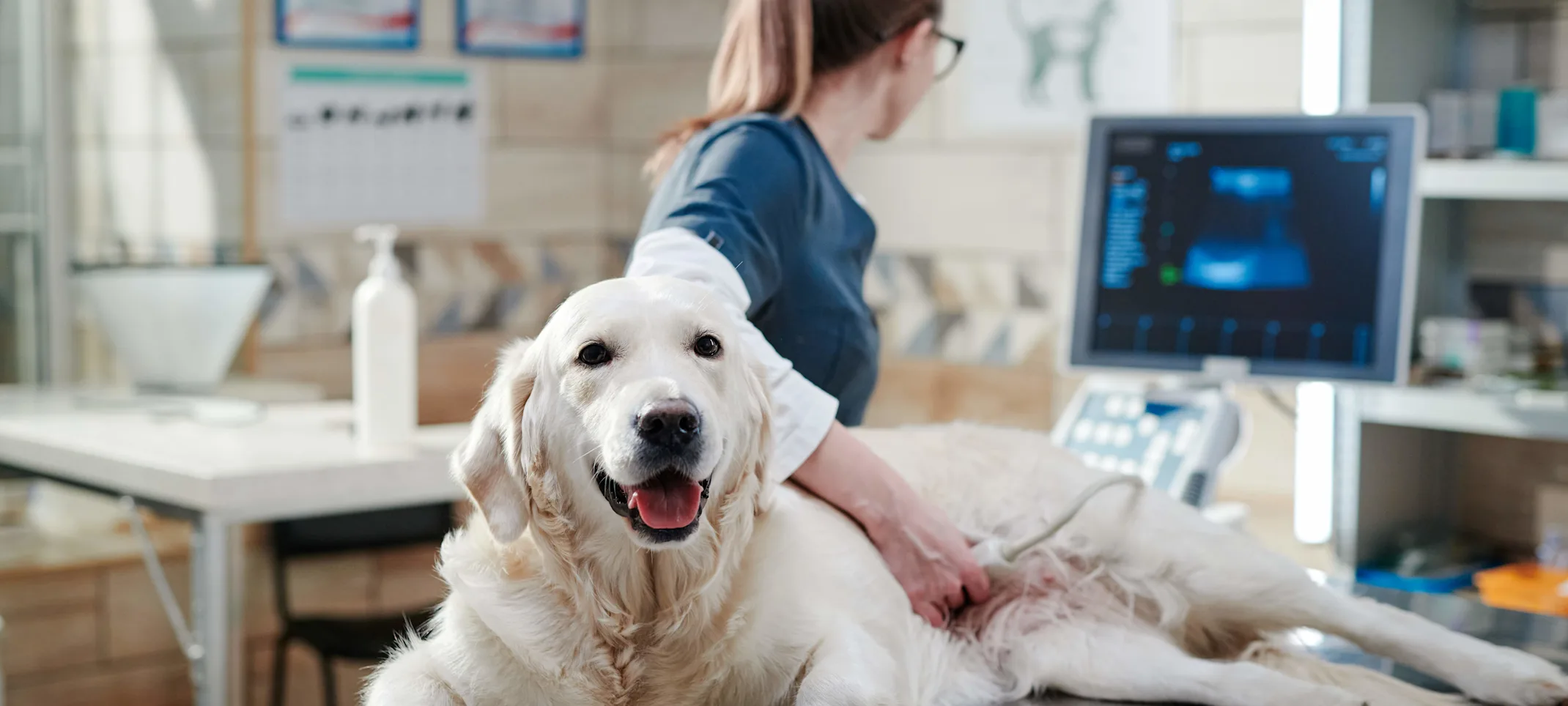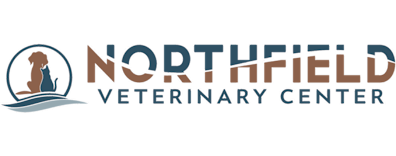Northfield Veterinary Center
Ultrasound

Overview
Ultrasound is a non-invasive imaging modality that uses sound waves to view structures in a pet’s body. When the ultrasound transducer is placed against a pet’s skin, sound waves pass through their body and bounce back from organs and tissues like an echo. Different tissue types reflect sound waves differently, and the ultrasound unit uses these echoes to determine the size, shape, position, and structure of the organs being examined. Ultrasound is commonly used to assess abdominal structures such as the gallbladder, kidneys, liver, pancreas, spleen, and blood vessels.
Ultrasound applications
Ultrasound can also be used in numerous ways, including:
Checking for pregnancy and determining the number of puppies or kittens
Looking for an ingested foreign body
Assessing organs for abnormalities
Locating abdominal masses or tumors
Identifying bladder stones
Checking for fluid in the abdomen
Performing biopsies
Diagnostic outpatient abdominal ultrasound service
Northfield Veterinary Center’s diagnostic outpatient abdominal ultrasound service provides advanced ultrasound exams performed by a board-certified emergency and critical care veterinarian. This is a referral service, and your primary care veterinarian must refer your pet. After the exam, we will share the findings with your primary care veterinarian to help them accurately diagnose and treat your pet’s condition.
Preparation for an ultrasound exam
Pets undergoing a diagnostic abdominal ultrasound must not eat for 8 hours before their exam; however, water can be provided as usual. If your pet has a condition that makes it unsafe to withhold food, please inform our staff when you arrive.
Ultrasound procedure
Most abdominal ultrasounds take 30 to 60 minutes. Your pet’s abdomen will be shaved and we will apply a gel to their skin to allow for better contact with the transducer, which provides a clearer image. During the exam, your pet will receive attention and pets from our dedicated team. Most pets relax during this noninvasive process, but if your pet is anxious or nervous, we may administer a mild sedative to keep them calm.
